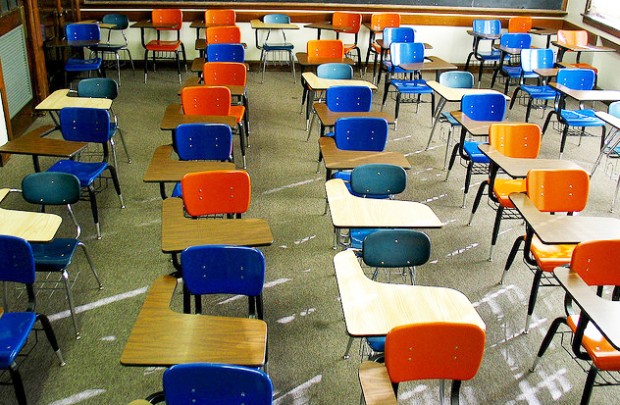"If you're not feeling uncomfortable about the state of education right now, then you're not paying attention to the pressures and challenges of technology," said Will Richardson, a veteran educator author and consultant, at a talk at ISTE 2012. "We need to acknowledge that this is a very interesting moment, and even though in a lot of ways this isn't what we signed up for when we went into teaching... as educators, it's our job to figure it out."
Seeing the balance move from a place of scarcity of information to over-abundance on the web -- and the ability to "carry around the sum of human knowledge on our phones" -- Richardson said educators must start thinking of schooling differently. "This abundance has the potential to be amazing, but it's not amazing if we don't do anything with it," he said. "What is access to all this stuff if you don't know what to do with it?"
To that end, Richardson proposed a challenge to educators to unlearn three important things that have been taken for granted as immovable, unchangeable ideas.
1. DELIVERY: The notion of delivering knowledge and information from teacher to student has already been upended. "Kids will not put up with delivery too much longer. They'll expect something much different," Richardson said. Rather, educators must hand over control of learning to kids, and understand that there are lots of ways to learn what they need to and want to learn.
"We have to stop being in charge of the curriculum and allow kids to create their own education," he said. Educators should ask themselves: how am I helping kids develop important skills, dispositions, and literacies they need to create their own curriculum, to find their own teachers, to create their own artifacts that will more closely align with ways they'll work when they leave school? "The delivery method we use in most schools, what we own and deliver to kids, that will have to change," he said. "We have to relearn in a way that allows kids to own and drive it."


